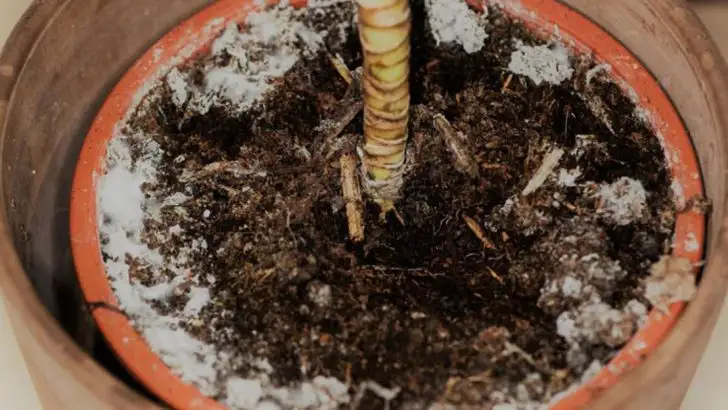When we think about healthy soil, fungi often fly under the radar — but they are some of the most powerful allies a gardener can have. These incredible soil fungi form symbiotic relationships with plant roots, improving nutrient uptake, boosting disease resistance, and enhancing soil structure. In fact, without fungi, vibrant and fertile garden soil would be nearly impossible.
Certain species work wonders by breaking down organic matter into rich, usable nutrients, while others create vast underground networks that help plants communicate and share resources. Understanding and encouraging the right fungi in your garden can lead to stronger, healthier plants and a more sustainable growing environment.
In this article, you’ll meet 10 fascinating fungi that can transform your garden soil into a thriving ecosystem. Whether you’re a seasoned gardener or just starting out, these microscopic helpers are essential for cultivating a flourishing garden.
Mycorrhizal Fungi
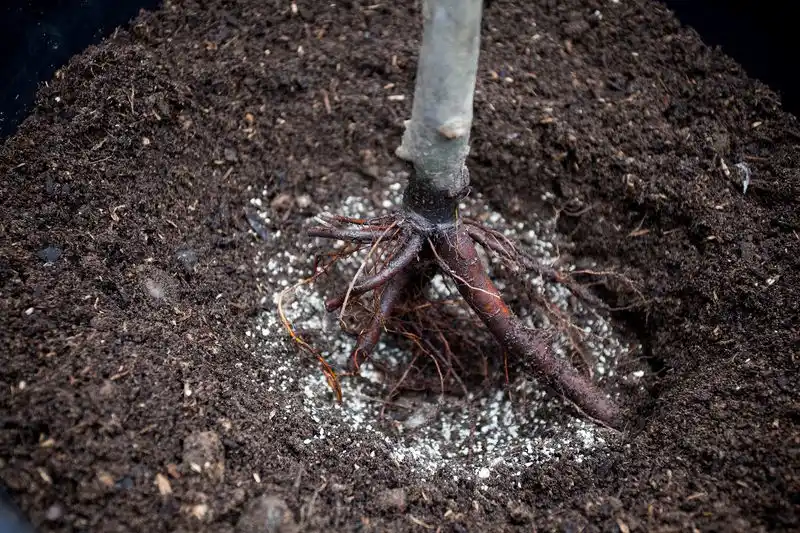
Imagine a network that expands a plant’s reach without it moving an inch. This is possible thanks to mycorrhizal fungi, which form symbiotic relationships with plant roots. They increase water and nutrient absorption, making plants more resilient to stress.
These fungi act like extensions of the roots, enhancing phosphorus uptake in particular. By doing so, they not only boost plant growth but also improve soil structure by binding soil particles together.
A garden enriched with mycorrhizal fungi rarely struggles with nutrient deficiencies, paving the way for robust plant health and vibrant growth.
Trichoderma
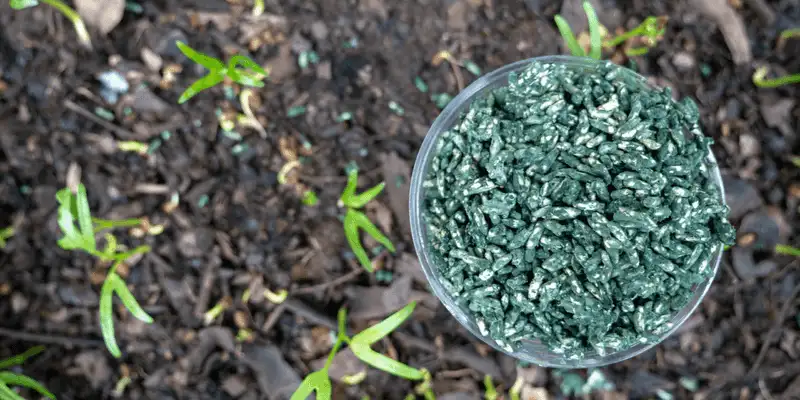
Trichoderma may sound like something from a sci-fi novel, but it’s a gardener’s friend. Known for its ability to combat harmful pathogens, this fungus not only protects plants from diseases but also promotes growth.
It colonizes plant roots, enhancing nutrient uptake and improving root growth. This leads to healthier plants that can better withstand environmental stresses.
Additionally, Trichoderma helps decompose organic matter, enriching the soil with nutrients. It’s like having both a bodyguard and a personal trainer for your plants, ensuring they thrive in various conditions.
Penicillium
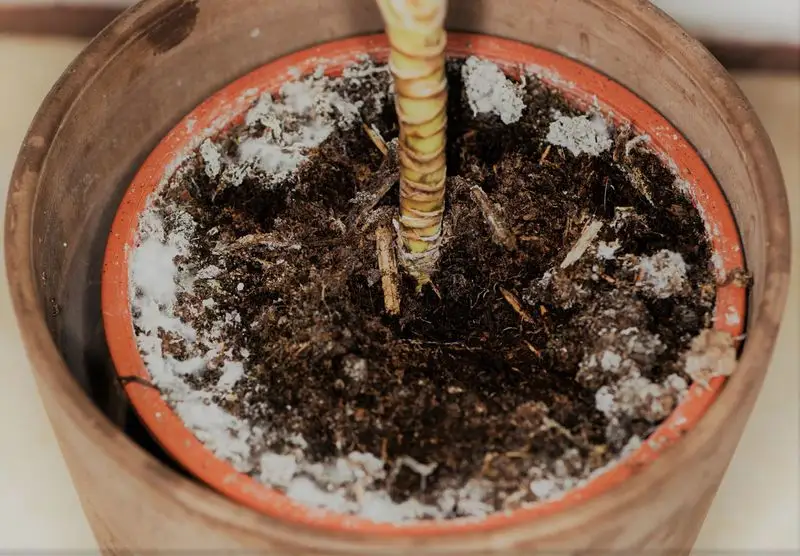
This fungus, famous for its role in antibiotic production, also plays a crucial role in soil health. Penicillium decomposes organic matter, releasing nutrients that are vital for plant growth.
Its ability to break down complex organic materials makes it an essential part of the soil ecosystem, improving fertility and structure.
Additionally, Penicillium can solubilize phosphates, making them more available to plants. This dual action of nutrient cycling and phosphate solubilization supports robust plant development, turning your garden into a lively and productive space.
Saprophytic Fungi
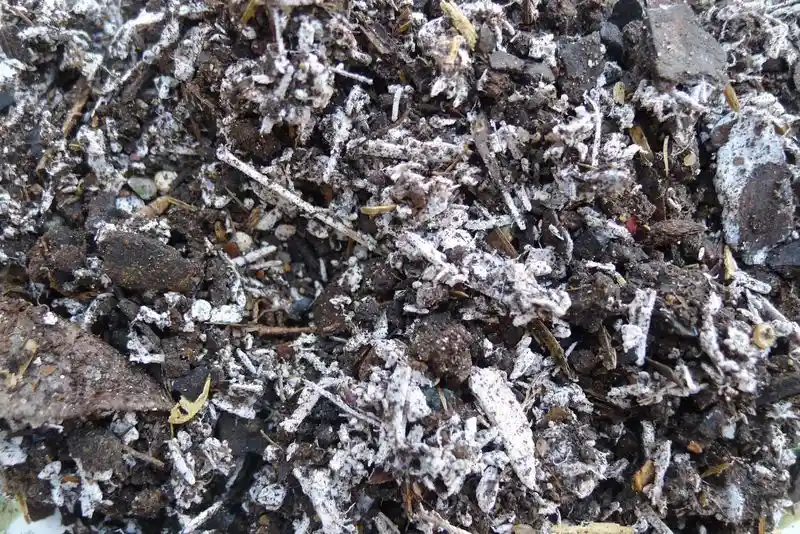
Often overlooked, saprophytic fungi are the silent recyclers of the garden. They feed on dead organic matter, breaking it down into simpler compounds that enrich the soil.
This decomposition process not only recycles nutrients but also improves soil texture and aeration. Their activity ensures a constant supply of organic nutrients for plants.
By maintaining a balanced ecosystem, saprophytic fungi help gardens flourish. They play a pivotal role in turning dead plant material into valuable resources, contributing to a sustainable gardening practice.
Glomus
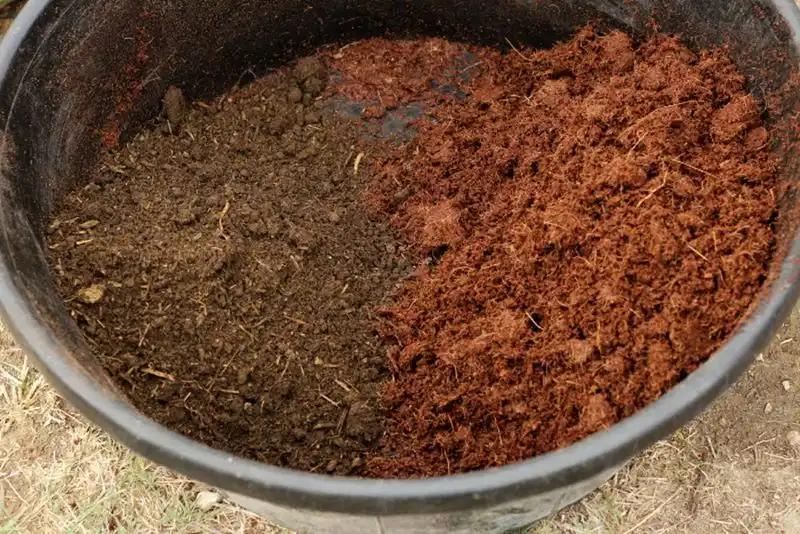
Glomus, a type of arbuscular mycorrhizal fungi, is like nature’s supercharger for plants. It forms arbuscules inside root cells, facilitating an efficient exchange of nutrients.
This symbiotic relationship enhances nutrient absorption, particularly phosphorus, which is crucial for plant growth. By improving root efficiency, Glomus supports plants in nutrient-poor soils.
The presence of Glomus in your garden can significantly boost plant vitality, especially in challenging environments. Its role in enhancing nutrient uptake marks it as an invaluable addition to any gardener’s soil-enhancing toolkit.
Endophytic Fungi
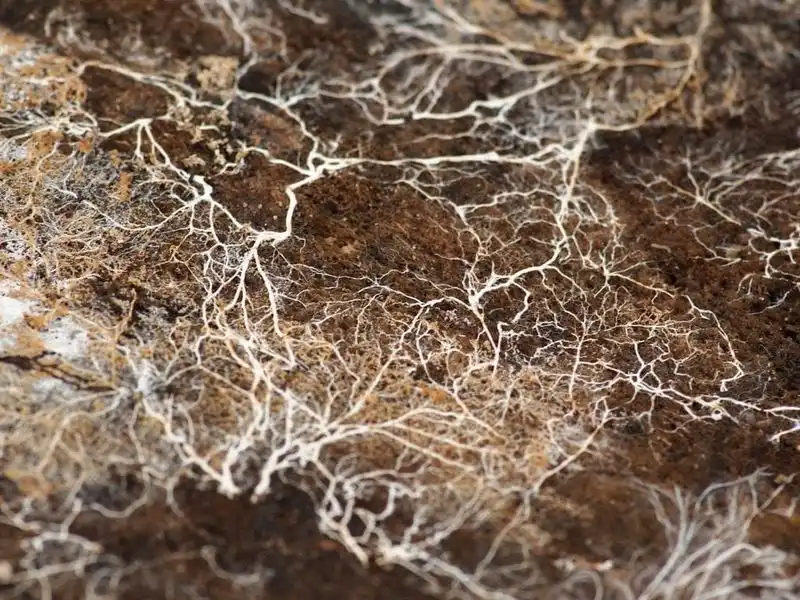
Endophytic fungi live inside plant tissues without causing harm, forming a hidden alliance that enhances plant resilience. These fungi can improve plant tolerance to drought and disease.
By living within plants, they help in nutrient acquisition and stress management, essential for thriving in unpredictable climates.
Their ability to bolster plant defenses while remaining hidden makes them fascinating allies. Incorporating endophytic fungi into your garden can lead to more robust and resilient plants, ready to face environmental challenges head-on.
White Rot Fungi
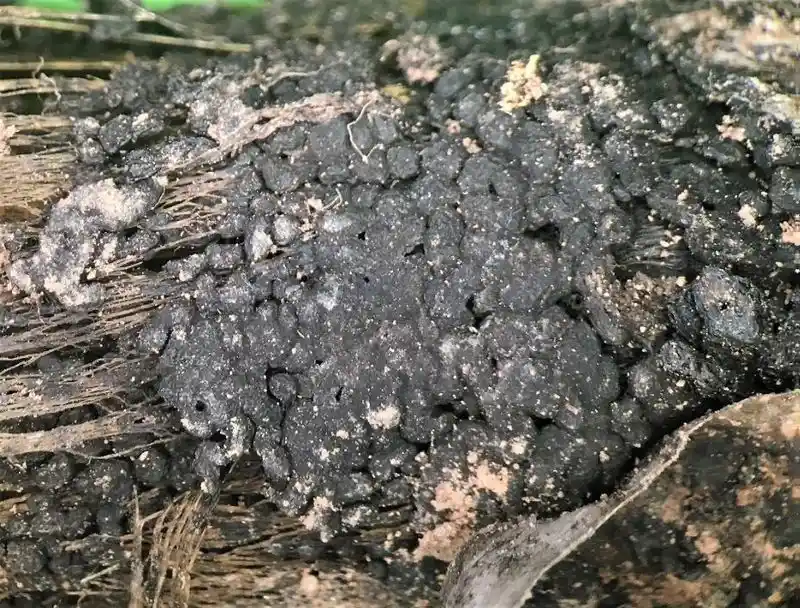
With a unique talent for breaking down lignin, white rot fungi play a crucial role in decomposing wood. This ability makes them invaluable in transforming tough plant material into fertile soil.
As they decompose lignin, they release nutrients that enhance soil fertility. This process not only recycles nutrients but also improves soil aeration and structure.
White rot fungi’s role in nutrient recycling helps keep garden ecosystems vibrant. By breaking down woody debris, they contribute significantly to soil health and plant vitality.
Stropharia
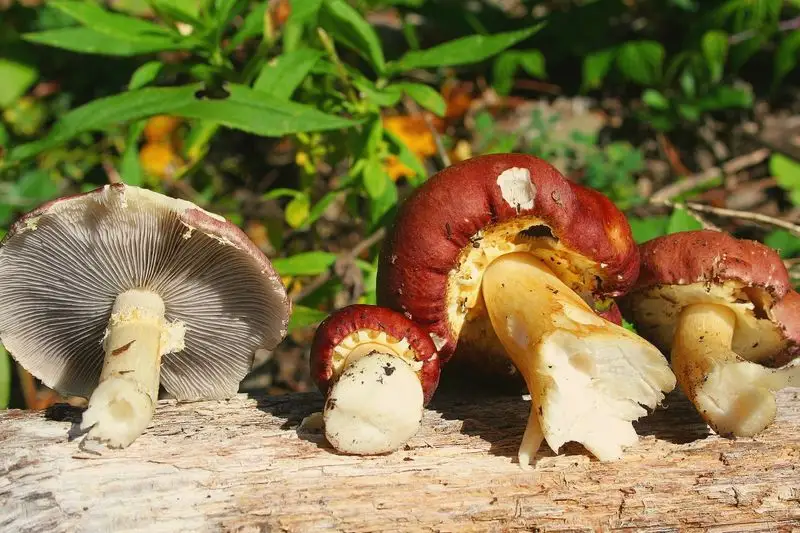
Often recognized by their striking appearance, Stropharia mushrooms are more than just decorative garden additions. They play a significant role in decomposing organic matter, enhancing soil structure and fertility.
Their ability to break down complex carbohydrates contributes to robust nutrient cycling. By enriching the soil, Stropharia mushrooms support healthier plant growth.
These mushrooms bring both beauty and functionality to garden spaces, making them a favored choice for those aiming to improve soil health naturally. Their vibrant presence is a testament to their beneficial impact on garden ecosystems.
Rhizopus
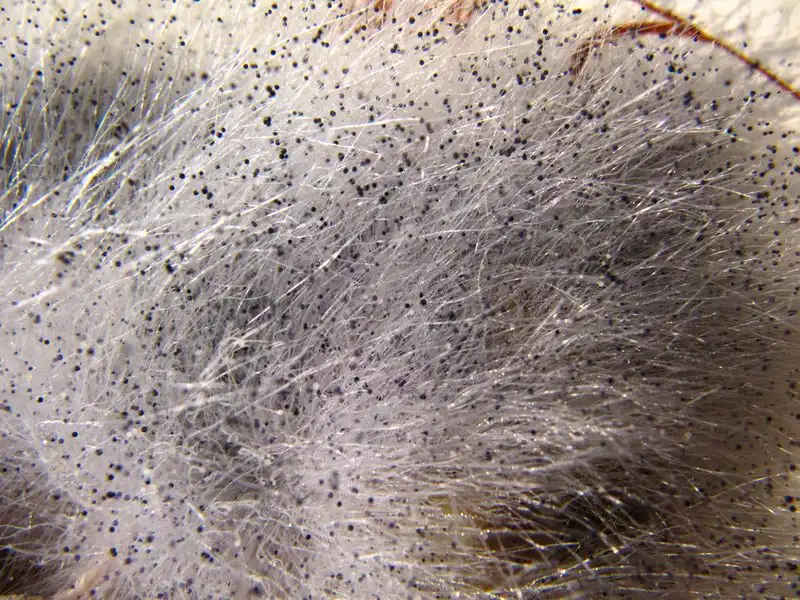
Famed for its role in the decomposition of organic materials, Rhizopus is a powerhouse in nutrient recycling. This fungus breaks down dead plant matter, facilitating the release of nutrients back into the soil.
In composting processes, it accelerates the breakdown of organic waste, turning it into rich compost. Its action helps maintain a balanced nutrient supply, essential for plant growth.
Rhizopus’ efficiency in recycling nutrients makes it indispensable in sustainable gardening practices. Its presence in your garden can lead to a more fertile and productive soil environment.
Aspergillus
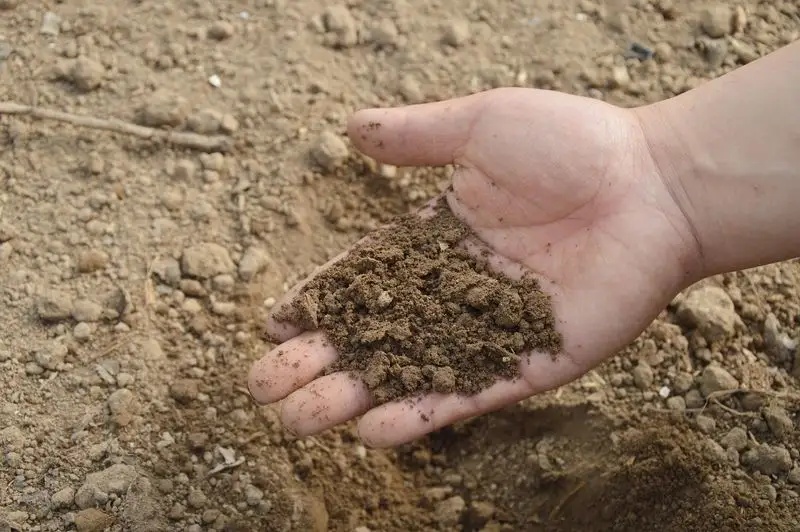
Known for its diverse capabilities, Aspergillus is a multitasker in the fungal world. It decomposes organic material, aiding in nutrient cycling and soil enrichment.
This fungus also helps solubilize phosphates, making them accessible to plants, thereby enhancing growth. Its ability to improve soil structure and nutrient availability marks it as a key player in sustainable gardening.
Incorporating Aspergillus into your garden ecosystem ensures a continuous supply of vital nutrients, leading to healthier and more vigorous plant development. Its contribution to soil health is both profound and multifaceted.

